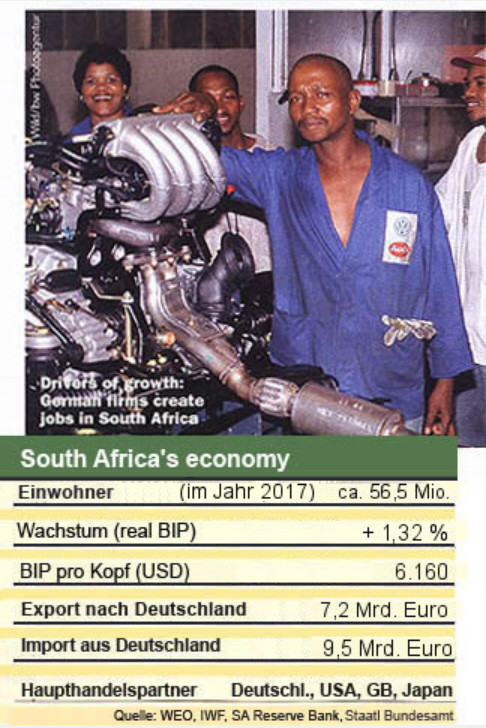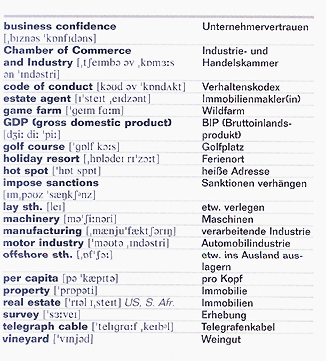| Aktuelles |
|
"This is going to be the next hot
spot for development," says the estate agent from
Nuremberg, who specializes in selling South African
properties to Germans.
Protz started his company, International Real Estate Agency, in the mid-1990s, shortly after the South African apartheid system came to an end. "Greece, Spain and Italy were becoming increasingly overcrowded and expensive," he says. "I knew people would start looking for new places, and South Africa has a lot to offer." Protz was right. Germans are now storming South Africa to buy real estate. One important factor is that prices for attractive properties are often significantly lower than else- where. The climate plays a role as well: many people are looking for second homes to fly to during the European winter months. Some, like Hasso Plattner, former head of the software firm SAP, are investing in golf courses and vineyards. Others are buying guest houses, game farms and restaurants in order to take advantage of the tourism boom. Anja and Johst Weber, a young couple from Essen, are part of this movement south. "We don’t necessarily want to spend our golden years in Germany," says Anja, a geologist who has recently become a wine expert. The Webers have started a vineyard two hours from Cape Town on the Atlantic coast. They bought the land in 1996 after seeing an ad- vertisement in a German wine magazine. Nobody had built a vineyard that far south before. "It’s a pioneer project," says Anja, who runs the project from Essen with the help of a manager in South Africa.
Anmerkung: ... untenstehend finden Sie die im Artikel |

For South Africans, all this is a sign of German con-
fidence in their country’s future. It also signals that
the nature of German business involvement is changing.
This involvement, with its long and interesting history,
is one that German Chancellor Gerhard Schröder aimed
to deepen on his visit there in January (2004). Today, there are 450 German firms employing some 70,000 people in almost every sector of industry in South Africa, but mainly in manufacturing, telecom- munications and tourism. More recently, German firms have started to offshore IT development there, as well as German-language call centres. According to a survey of business confidence produced by the Southern African-German Chamber of Commerce and Industry in 2002, 86 per cent of German firms in South Africa see the economic climate there as positive. For over 100 years, German firms have played an important role in shaping the South African economy. Siemens laid the first telegraph cable in 1868. AEG provided the first electrical machinery to gold mines in 1905. And after the second World War, VW, BMW and Mercedes-Benz came to South Africa to take part in what is today a large motor industry. Until apartheid ended in 1994, German firms in South Africa enjoyed a small but protected market. None of them left when the international community imposed sanctions against apartheid. Instaed they signed the Sullivan Principles, an international code of conduct Business Spotlight 21 |
 ... zurück zur vorherigen Seite (20)
... weiter zur nächsten Seite (22)
... zurück zur vorherigen Seite (20)
... weiter zur nächsten Seite (22)

Textquelle: Wirtschaftsmagazin Business Spotlight
Homepage:
www.afrika-immobilien.de
|

